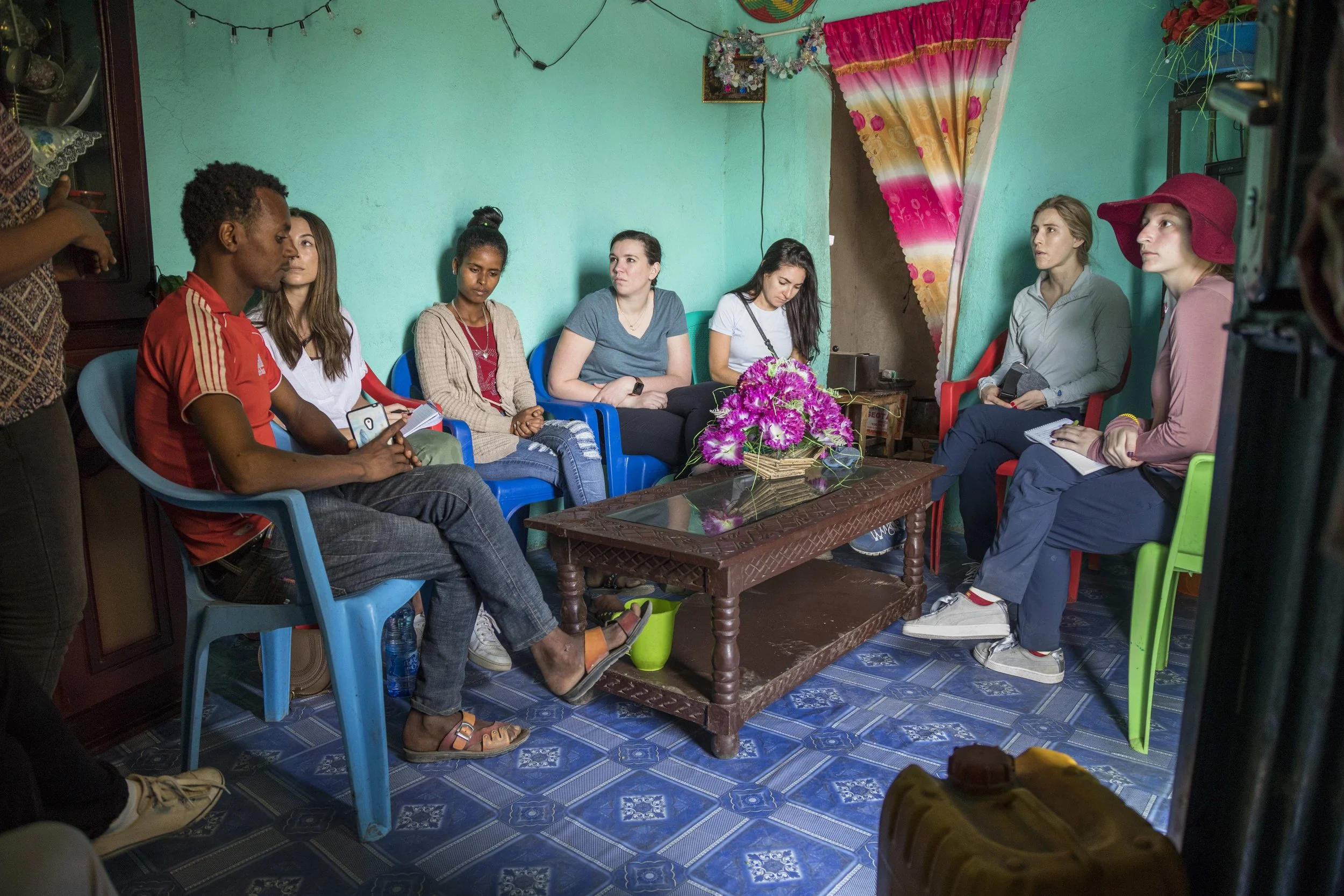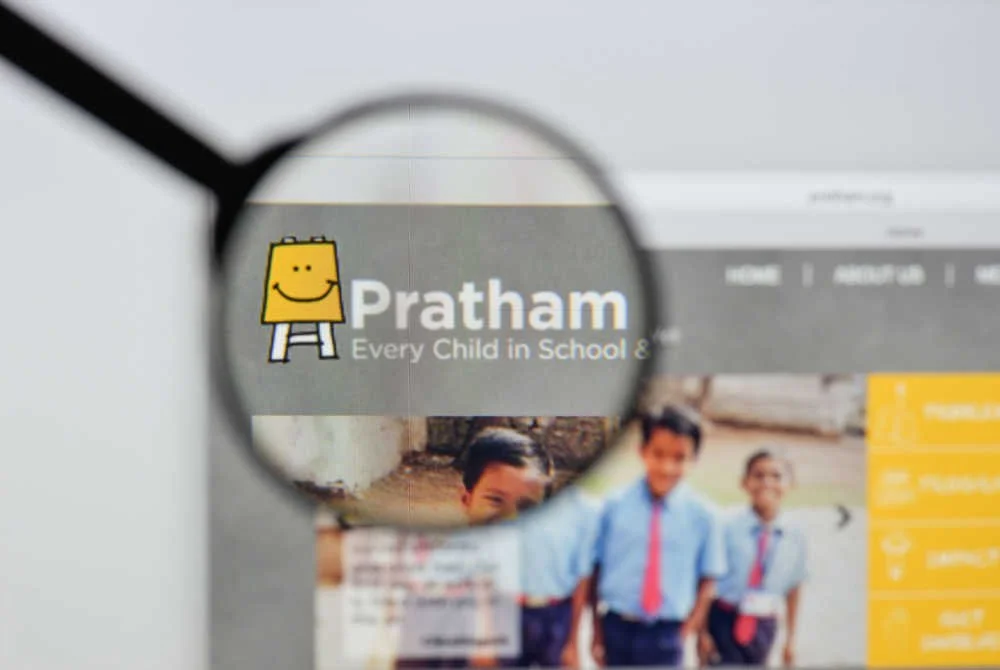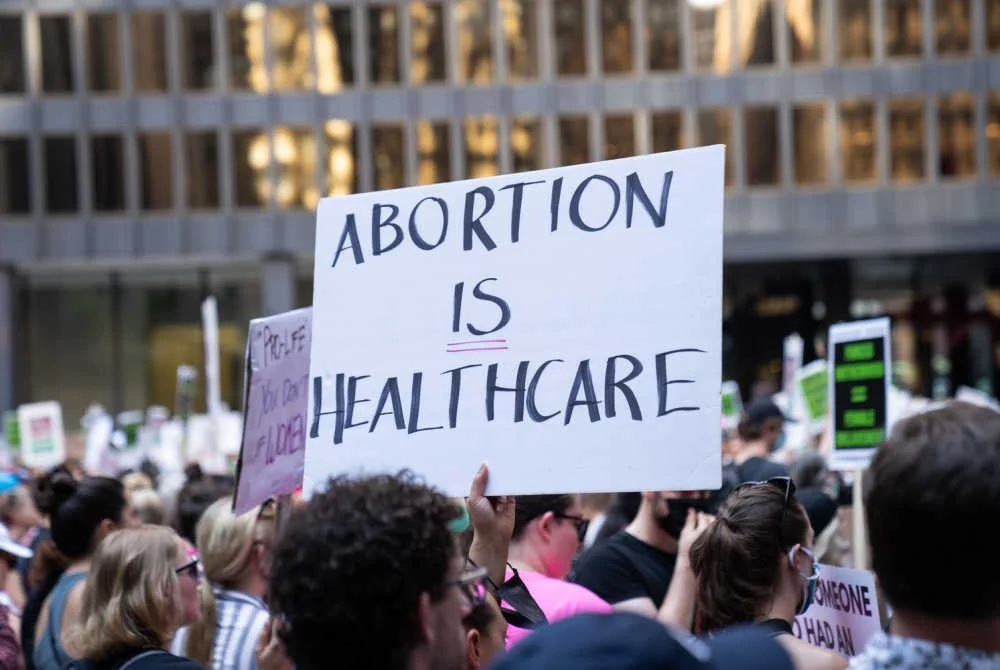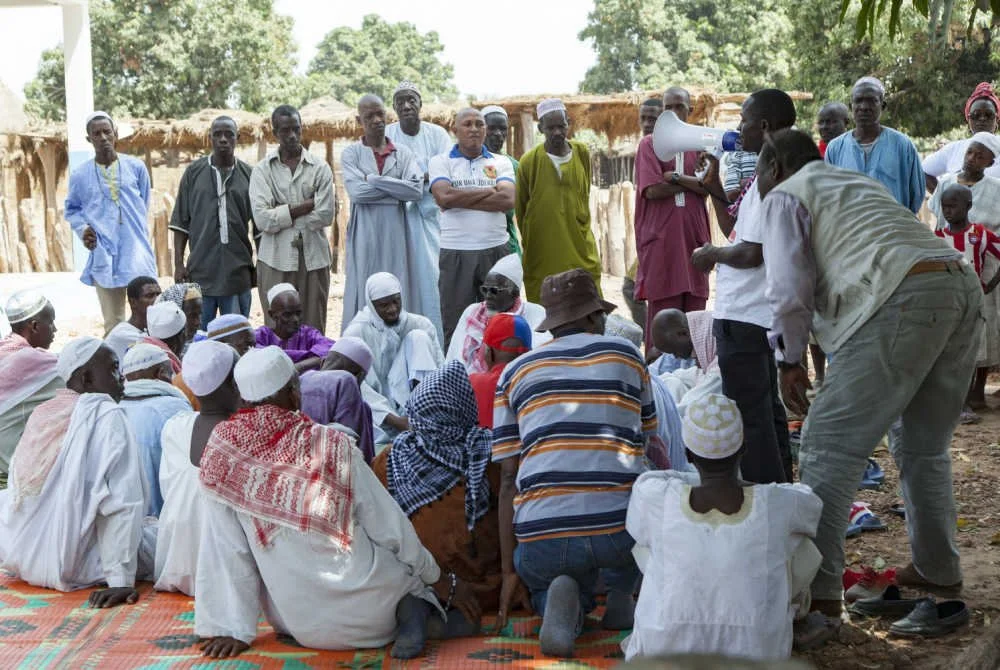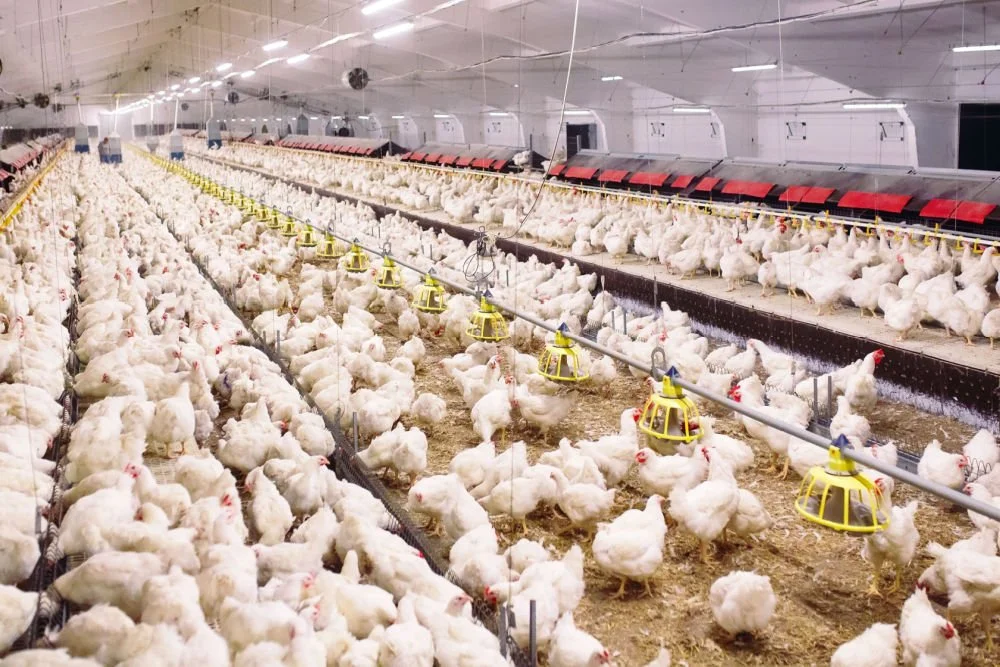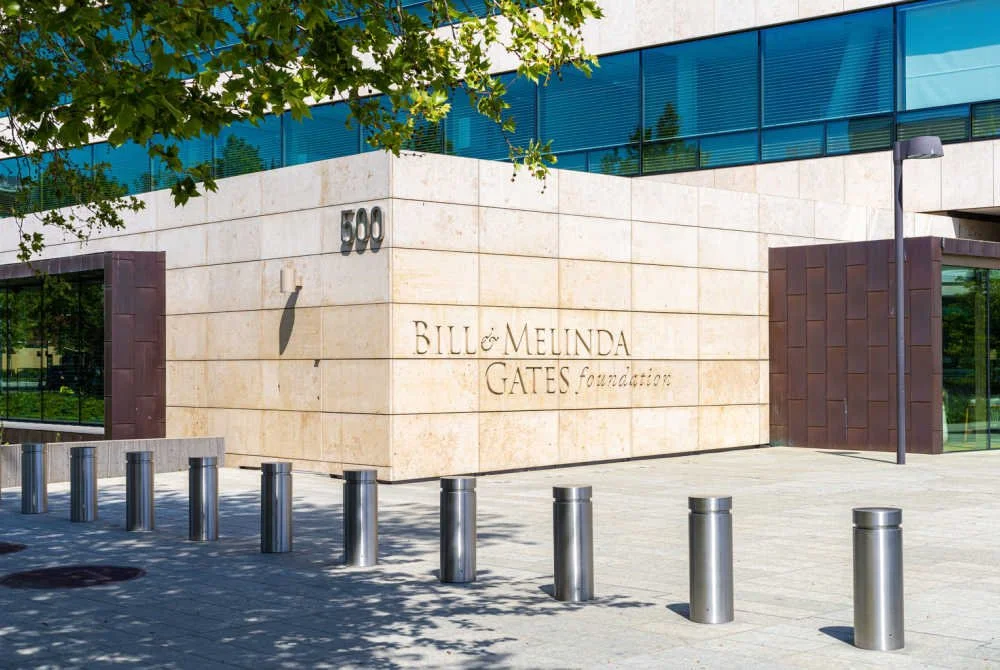On the Frontlines of a Pandemic, Local Philanthropy Scrambles to Respond
/UPDATED — The coronavirus outbreak is a fast-moving story in philanthropy—as in just about every other sector of society—with new announcements every day from funders in response to the threat. Billions have been committed worldwide to contain the virus and address its fallout, much of that money from governments, the World Bank and other international organizations, according to data from the Kaiser Family Foundation.
Bloomberg Philanthropies, the Gates Foundation, and the Chan Zuckerberg Initiative are among some of the big givers that have committed tens or hundreds of millions of dollars to coronavirus-related needs at the national and global levels.
Philanthropy on the Frontlines
But with major health funders working on broad responses such as the development of vaccines, treatments or test kits, local funders around the country say they have been scrambling to identify pressing needs close to home. Top among their concerns were the already-vulnerable populations who are typically first to feel the pain during emergencies and times of societal stress.
“We anticipate that low-income families, particularly seniors on fixed incomes who struggle to make ends meet, will be the hardest hit by the pandemic,” said Laura Rossi, executive director of the Westchester Community Foundation in New York, where a state of emergency has been declared due to the pandemic and multiple cases of coronavirus in New Rochelle. “More individuals will experience food insecurity, more will struggle to pay their housing and transportation costs.”
Also in focus, said local funders, are part-time and gig workers whose employment is curtailed or canceled without pay or sick days, as well as communities of color, people with limited English and others who don't have significant savings or resources to ride out days, weeks—or longer—without services they depend on from the local nonprofits on the frontlines within vulnerable populations.
Keeping those nonprofits functioning when demands rise just as donor attention might be distracted by global events is crucial, said local funders. The Seattle Foundation, for example, was concerned right away that the international health story would overshadow the critical needs of local nonprofits and their constituents.
Working quickly in the few days after their region reported its first coronavirus cases and fatalities—among the first identified in the U.S.—the Seattle Foundation assembled a new fund dedicated to maintaining operations at local nonprofits. They partnered with local government and a still-growing list of Seattle-based businesses in a philanthropy/business/public coalition that includes King County and the City of Seattle. Northwest companies and other area funders contributed, including Alaska Airlines, Amazon and Microsoft were among the first companies to join, with philanthropy partners United Way of King County and the Starbucks Foundation. Connie and Steve Ballmer, Bezos Family Foundation, and JPMorgan Chase & Co are among contributors, so far. The fund grew quickly, from $2 million to $9 million in just a few days.
The fund will use an efficient grant process to ensure that money reaches nonprofits working in these areas quickly. Such a multilateral partnership and its goals may provide a model for other community funders to look at as they consider ways to keep their locally-focused nonprofits running as effectively as possible as the pandemic drives adaptations throughout their communities and the country.
“We see this fund as a complementary effort to what the public sector is doing,” said Michele Frix, chief strategy officer and chief of staff of the Seattle Foundation. “It's a way to raise funds to respond rapidly to shifting needs in our community.”
The San Francisco Foundation has also announced plans to address local needs during the virus emergency. They partnered with the Silicon Valley Community Foundation on the COVID-19 Coronavirus Regional Response Fund, which will support organizations serving Bay Area counties.
Local funders also voiced concern about a variety of long-term impacts throughout society. “Government is the first response in emergencies like this, but we’re the second response,” said Rossi. And those concerns are not restricted to the needs of traditionally vulnerable populations.
“We must also recognize that the current situation is not solely a health issue,” said Ted McEnroe, senior director for communications and digital media at the Boston Foundation. “What might it mean for hourly workers in the arts, travel and tourism, and many other sectors? For immigrants? For the uninsured? How will the virus threat affect the critically important United States Census 2020? Our courts? Our schools? Some of these impacts have not yet been felt, but they have powerful longer-term implications—and we’ll be looking at where we can be most effective.”
It remains unclear how long the coronavirus emergency will last, but as many scientists have been saying these last weeks, it wasn't the first pandemic, and it won't be the last. (It is worth noting, said McEnroe, that the Boston Foundation emerged largely as a result of the 1918 influenza pandemic.) Community and local funders, like those globally-focused foundations, will need to think both short and long term to ensure that philanthropy goes where it needs to.
“Government is the first response in emergencies like this, but we're the second response,” said Rossi. “It's up to us to identify where the gaps are in services to help assess where charitable dollars should be deployed.”


















